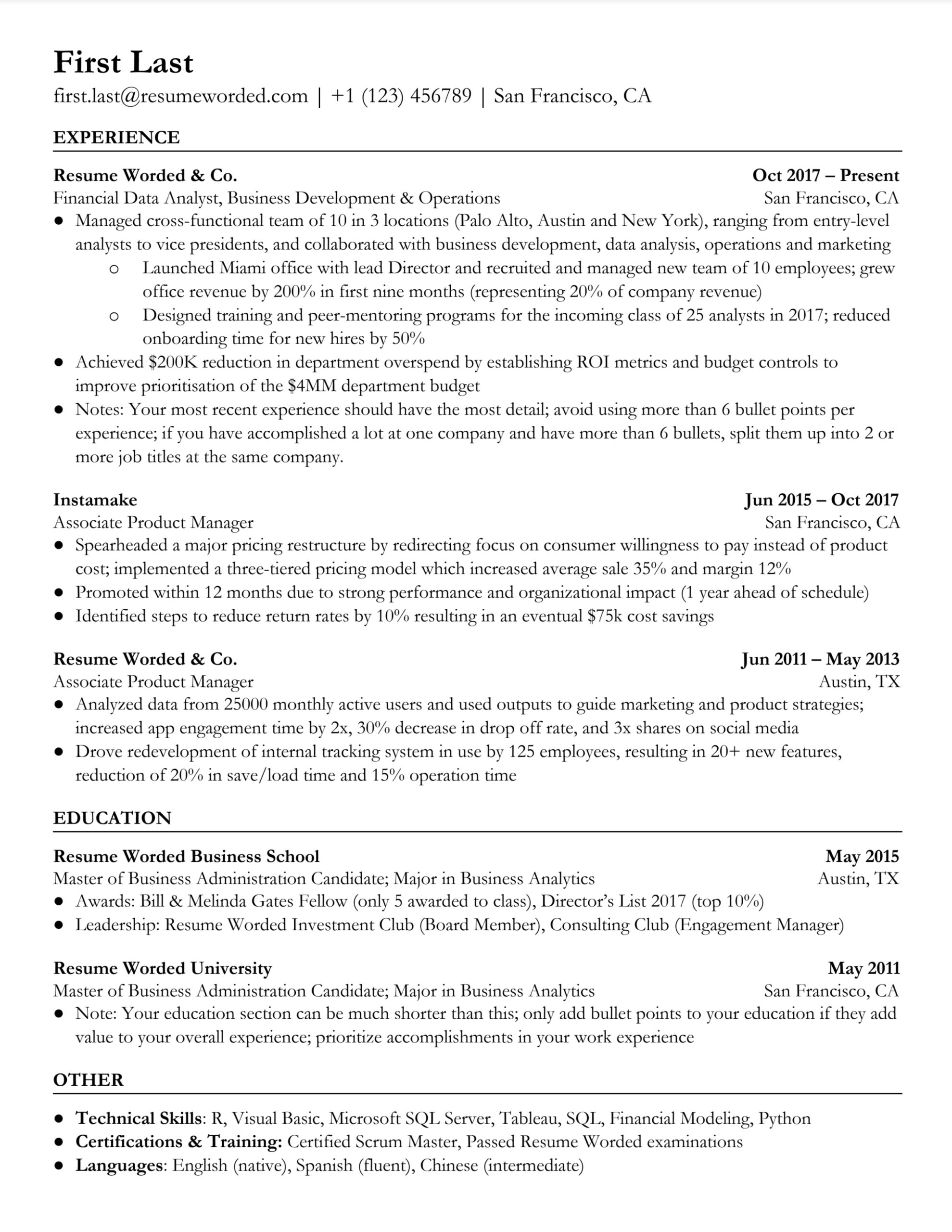The job market has shifted, and job seekers in 2025 are prioritizing better pay, real work-life balance, and career stability. Companies are adapting by offering remote and hybrid work options, meaningful benefits like mental health support and paid leave, and clear paths for career growth.
Landing the right job now requires more than just submitting applications. Job seekers need to know where to find the best opportunities, how to showcase their skills effectively, and how to stay ahead of hiring trends. This guide breaks down exactly what job seekers want in 2025 and how to secure the best roles in a competitive market.
What Job Seekers Want in 2025
The job market has changed, and job seekers now have different priorities. Understanding these expectations can help professionals find better job opportunities and negotiate better offers.

Higher Salaries and Financial Security
Many job seekers are looking for higher salaries to keep up with inflation and the rising cost of living. Employers that offer competitive pay, performance-based raises, and financial incentives attract the best talent. Job seekers are also prioritizing companies that offer strong retirement plans, stock options, and profit-sharing opportunities.
Remote and Hybrid Work Options
Flexible work arrangements remain a top priority. Many professionals want remote or hybrid jobs that allow them to manage their schedules better. Companies offering fully remote positions or hybrid models with flexible hours stand out to job seekers. Businesses that fail to offer flexibility may struggle to attract top talent.
Strong Work-Life Balance
Job seekers value work-life balance now more than ever. They want employers that respect personal time, set reasonable work expectations, and provide paid time off. Companies that support mental health, encourage vacation use, and avoid overloading employees with work are more attractive.
Career Growth and Skill Development
A job is no longer just about earning a paycheck, it’s about building a future. Workers want companies that invest in professional development. Job seekers are looking for access to training programs, mentorship opportunities, and clear career advancement paths. Companies offering skill development programs have a better chance of retaining employees long-term.
Better Employee Benefits
Competitive benefits packages are a major factor in job decisions. Job seekers prioritize health insurance, paid parental leave, mental health support, and wellness programs. The best companies provide benefits beyond the basics, including gym memberships, childcare support, and tuition reimbursement.
Read: Overcoming Job Search Burnout – Mental Health Strategies for Long-Term Seekers
How to Find the Best Job Opportunities in 2025
Finding the right job requires using the best platforms and strategies. Job seekers need to focus on top job boards, networking, and direct company applications.
Top Job Boards
The best job boards help job seekers find high-quality job listings quickly. These platforms remain the top choices:

- LinkedIn Jobs: Great for networking and applying to jobs directly.
- Indeed: Offers a wide range of job postings across industries.
- FlexJobs: Specializes in remote and flexible job opportunities.
- AngelList: Ideal for startup jobs and tech industry roles.
- We Work Remotely: Focuses on fully remote job listings.
Networking and Direct Applications
Many job seekers find opportunities through networking. Engaging with industry professionals on LinkedIn, attending virtual job fairs, and joining professional groups can open doors to hidden job opportunities. Instead of waiting for job postings, reaching out to hiring managers and company recruiters directly can improve the chances of securing a role.
Using AI and Job Search Tools
AI-powered job search tools help match job seekers with relevant opportunities faster. Platforms like Jobscan and Resume Worded optimize resumes for applicant tracking systems (ATS). AI-powered job alerts also help job seekers stay ahead by notifying them about openings that match their skills.
Read: Top 10 In-Demand Jobs in the US for 2025 And How to Land One
How to Stand Out in a Competitive Job Market
Securing a job in 2025 requires more than just submitting a resume. Job seekers must showcase their skills effectively and position themselves as valuable candidates.
Optimizing Resumes and Cover Letters

A strong resume highlights skills, achievements, and relevant experience. To stand out:
- Tailor each resume to the specific job posting.
- Use strong keywords related to the industry.
- Highlight remote work experience and technical skills.
Cover letters should be concise and explain why the candidate is a perfect fit for the role. They should focus on how the applicant can bring value to the company.
Building a Strong Online Presence
Employers often research candidates online before hiring. Job seekers should:
- Keep their LinkedIn profiles updated and professional.
- Share industry-related content to demonstrate expertise.
- Create an online portfolio showcasing work samples (especially for creative or tech roles).
Preparing for Job Interviews
Interview preparation is key to securing job offers. Candidates should:
- Research the company and understand its culture.
- Practice answering common behavioral interview questions.
- Highlight how their skills and experience align with the company’s needs.
Read: Mastering the Online Job Fair – Virtual Networking Tricks for Remote Job Seekers
The job market in 2025 is highly competitive, but job seekers who understand what companies want and use the right job search strategies will find better opportunities. Prioritizing financial stability, flexible work options, and career growth is key to landing the right job. By optimizing resumes, networking, and leveraging job search tools, professionals can secure rewarding positions in today’s evolving workforce.
Staying adaptable, continuously upgrading skills, and keeping up with industry trends will also give job seekers an edge. Employers are looking for candidates who bring value, problem-solving abilities, and a willingness to grow. Remote and hybrid work options remain popular, making digital proficiency and self-management skills more important than ever.
Building a strong personal brand, maintaining a professional online presence, and engaging in continuous learning can open doors to better opportunities. Job seekers who stay proactive, explore emerging industries, and embrace new ways of working will have the best chances of long-term career success.














